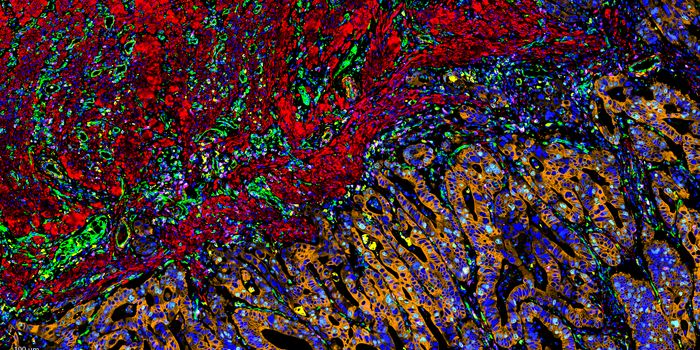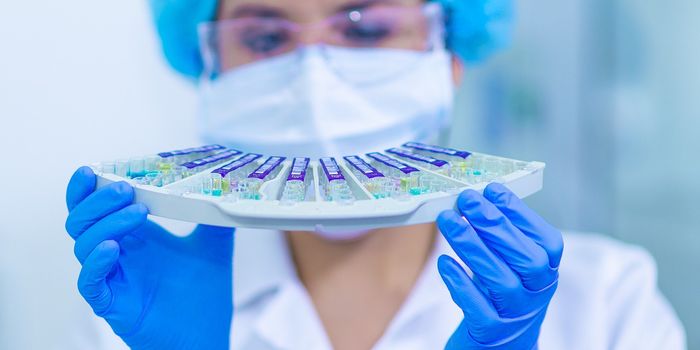The body’s cells proliferate continuously, depicted as a series of phases called the cell cycle. In a recent collaboration between the University of Manchester and the University of Liverpool, scientists observed a remarkable connection between the factors that control the cell cycle and the proteins activated by inflammatory signals. Understand these two processes, the researchers believe, and you hold the key to preventing infection, chronic inflammatory diseases, and cancer.
A mediator protein called Nuclear Factor-kappaB (NF-KB) is activated by inflammatory signals during injury or infection and is charged with the responsibility of activating certain genes to “ensure appropriate cellular fate responses.” If NF-KB fails to appropriately adapt to the situation at hand, a variety of conditions can arise: inflammatory diseases like Crohn’s, psoriasis, and rheumatoid arthritis as well as cancer.
On the cell cycle control side of the experiment is a plethora of regulators called E2 factors. This family of factors promote the start of a new S phase, the cell cycle phase where DNA synthesis takes place. Scientists have been studying the response of the immune system to infection as well as the cell cycle process for years. The new study from Manchester and Liverpool, however, was the first to visualize a clear connection between the two processes, all revolving around an interaction between NF-KB and E2 factors.
"This research shows that if we are to understand inflammatory illnesses associated with aging then we need to understand how cells normally respond to the constantly changing environment of the body,” said lead author John Ankers, PhD.
Using advanced microscopy and mathematical modeling, the researchers pinpointed various ways that communication between NF-KB and E2 factors bind to each other in the cell and reprogram gene expression according to the best interest of the cell’s health.
First, they saw that E2 factor 4 represses NF-KB activation during S-phase, and the cell cycle is unaffected. Just before the onset of the S-phase, though, NF-KB activity is enhanced which increases the length of the cell cycle and leads to “more synchronous” NF-KB communication in the cell.
The physical and functional connection between NF-KB and E2 factors equips the cell to “prioritize” between DNA replication versus inflammatory signaling in the middle of the cell cycle. Ankers and his team believe that this process functions to prevent an inflammatory response while chromosomes are being duplicated that could ultimately lead to a dangerous product of the cell cycle.
The decision process that occurs just before S phase “enable cells to decide whether to divide” depending on the inflammatory signals that are present. E2 factor 1 assumes the specific role of prompting NF-KB to alter the activity of certain genes to adapt to the cell’s current environment of predicament.
The discovery of intricate communication between cell cycle regulators and inflammatory signaling is of great interest for scientists studying what goes wrong in the body when cancer and other diseases occur. As researchers continue to investigate these processes and dynamic interactions, new therapies and preventative techniques could be developed.
This study was recently published in the journal
eLife.
Source:
University of Manchester,
Molecular Biology of the Cell









